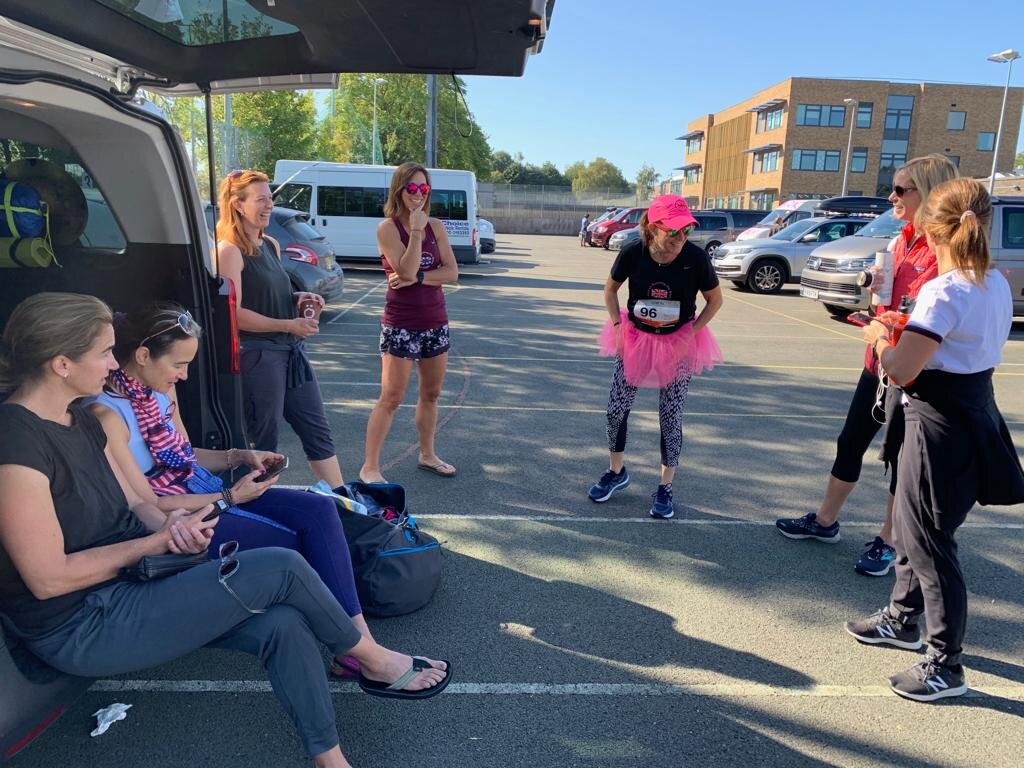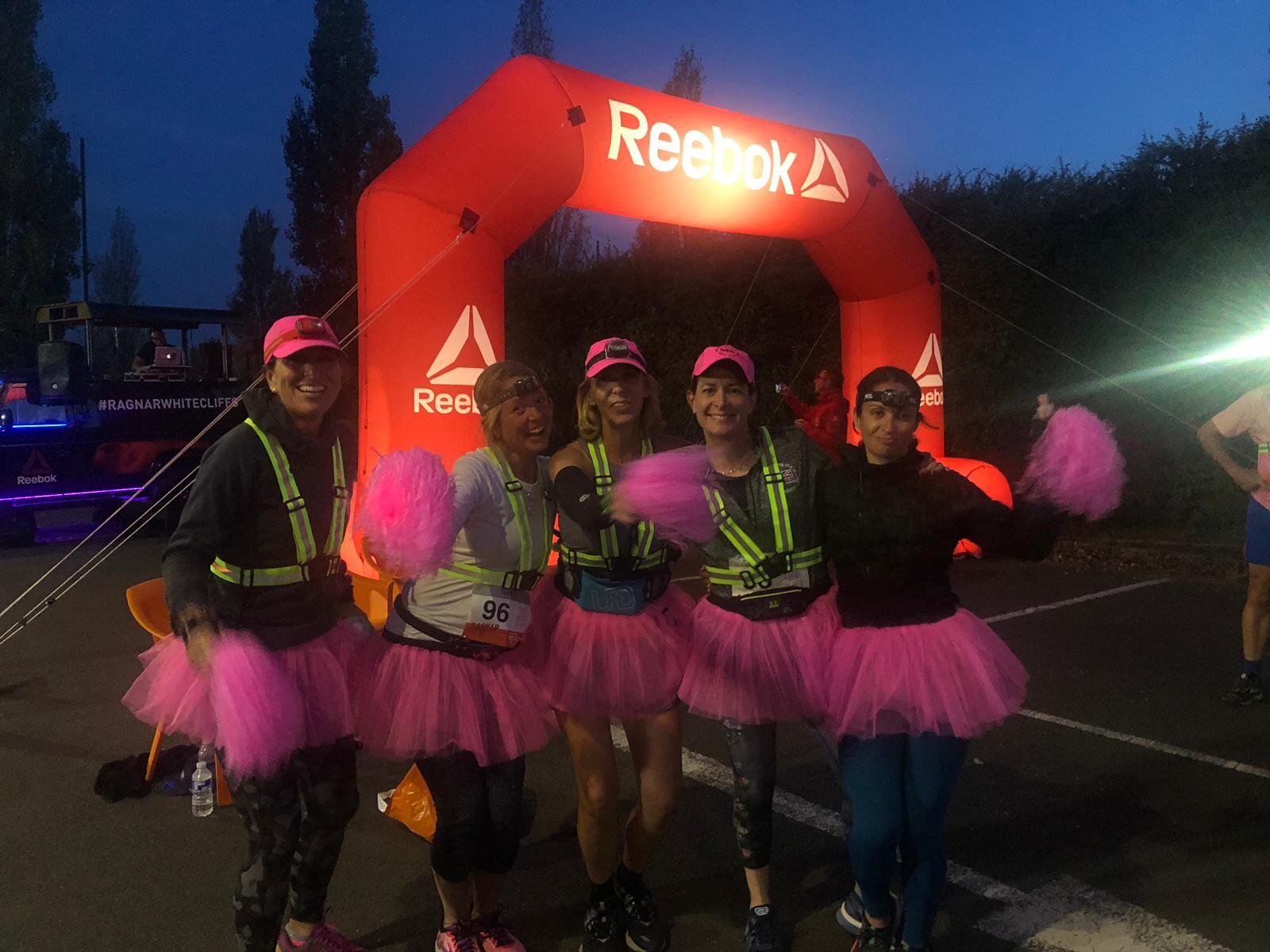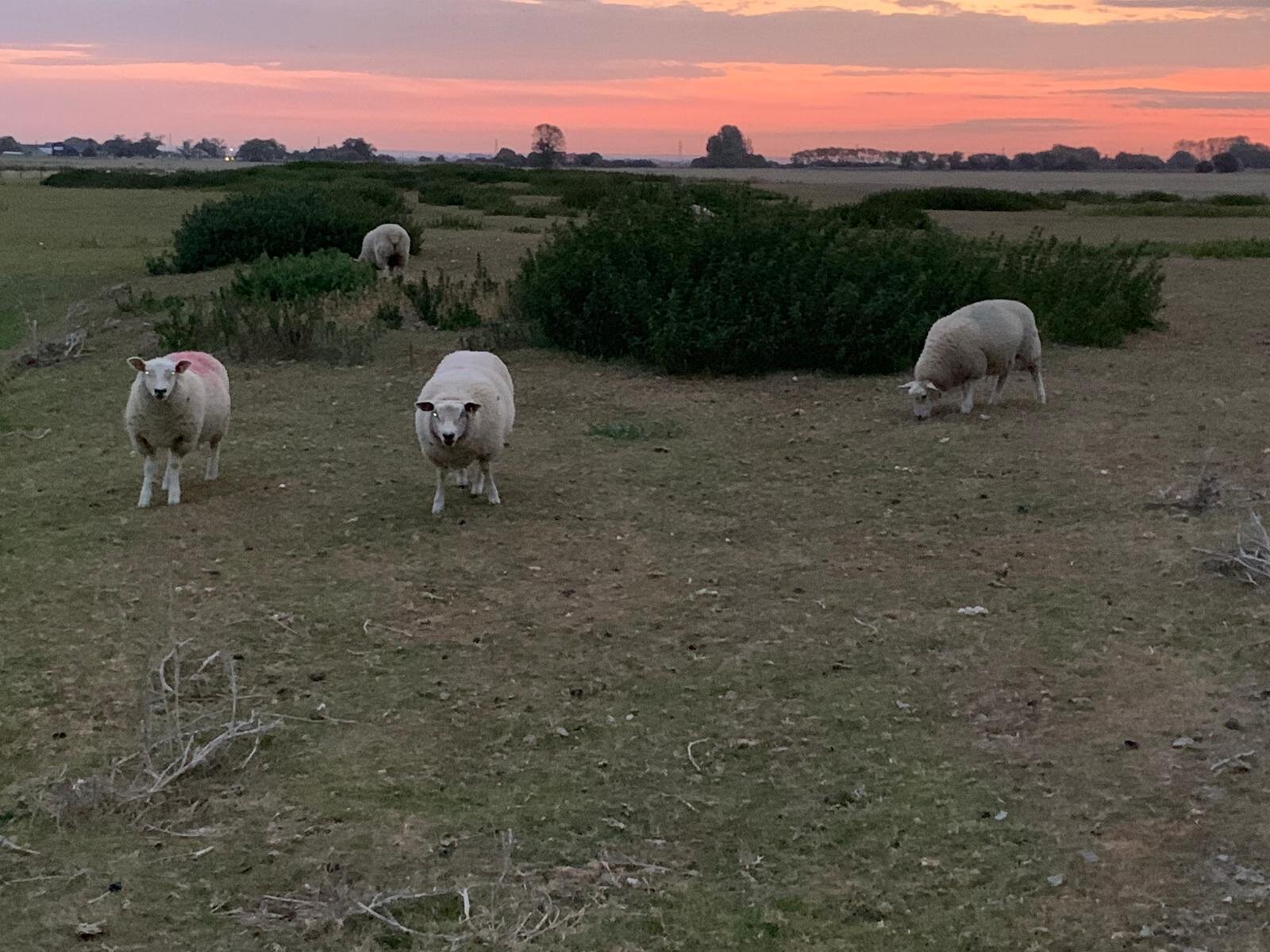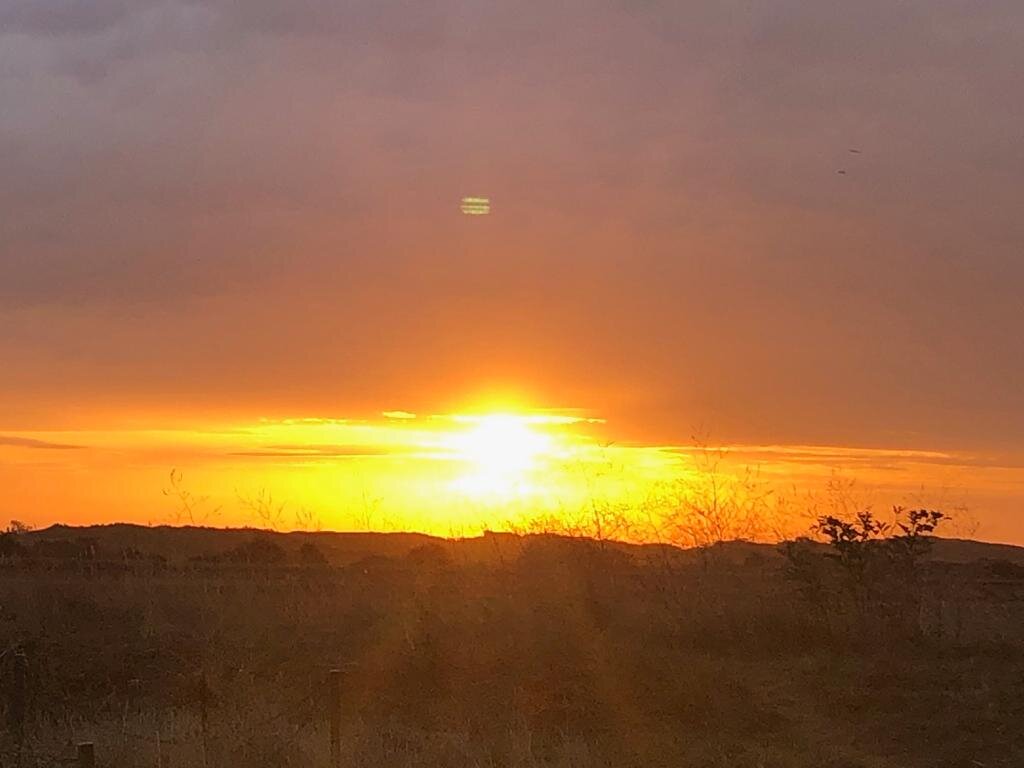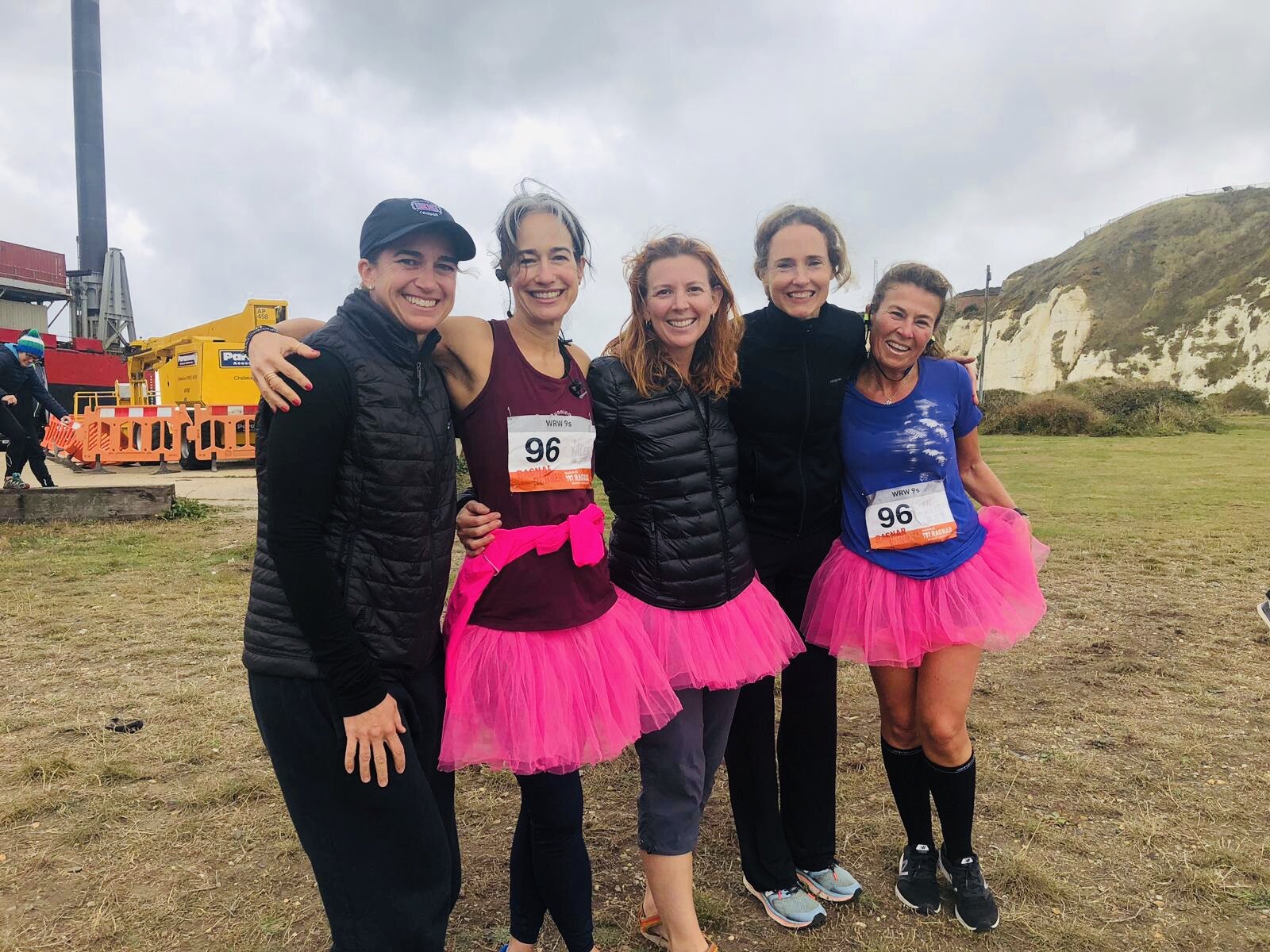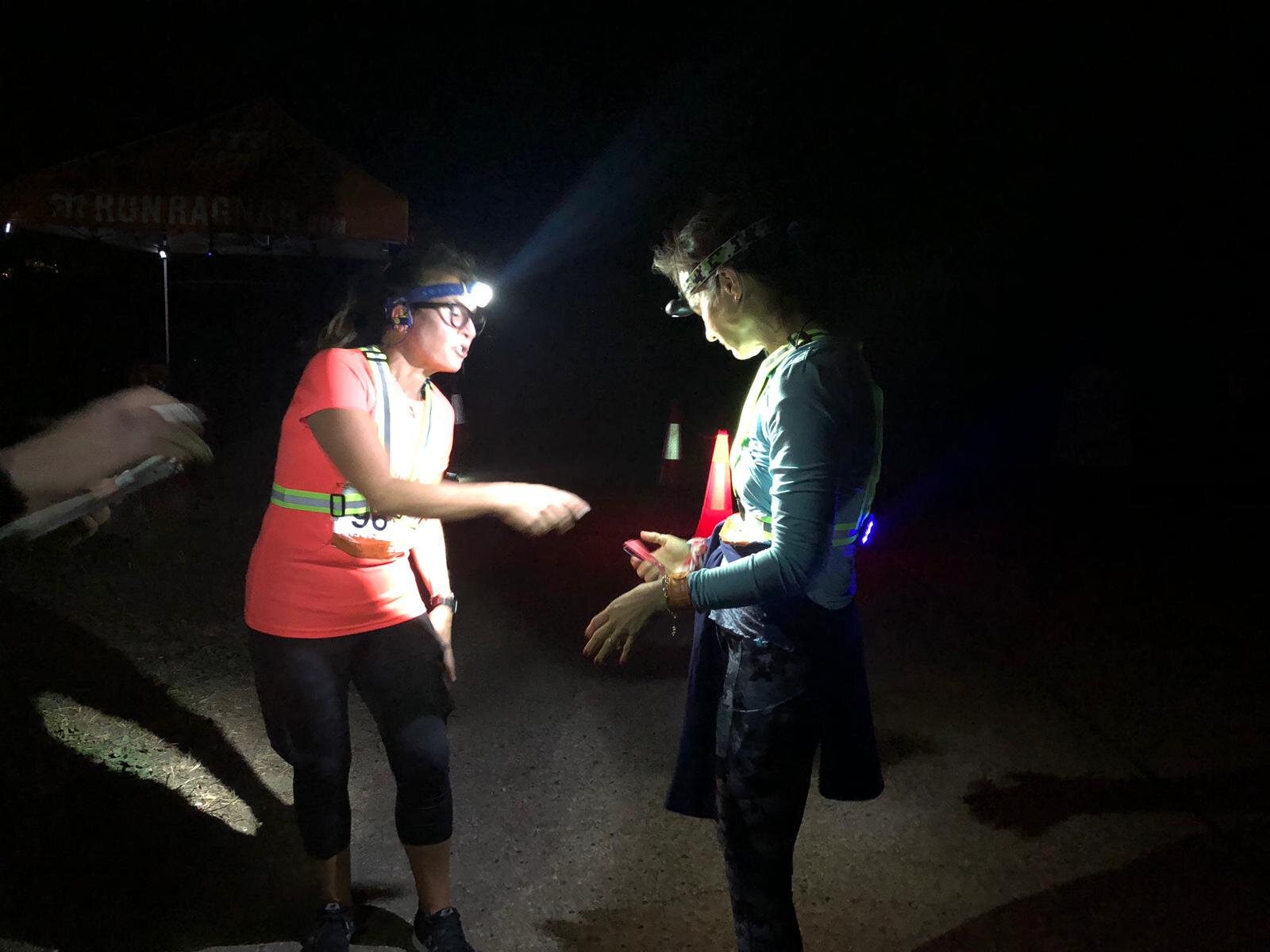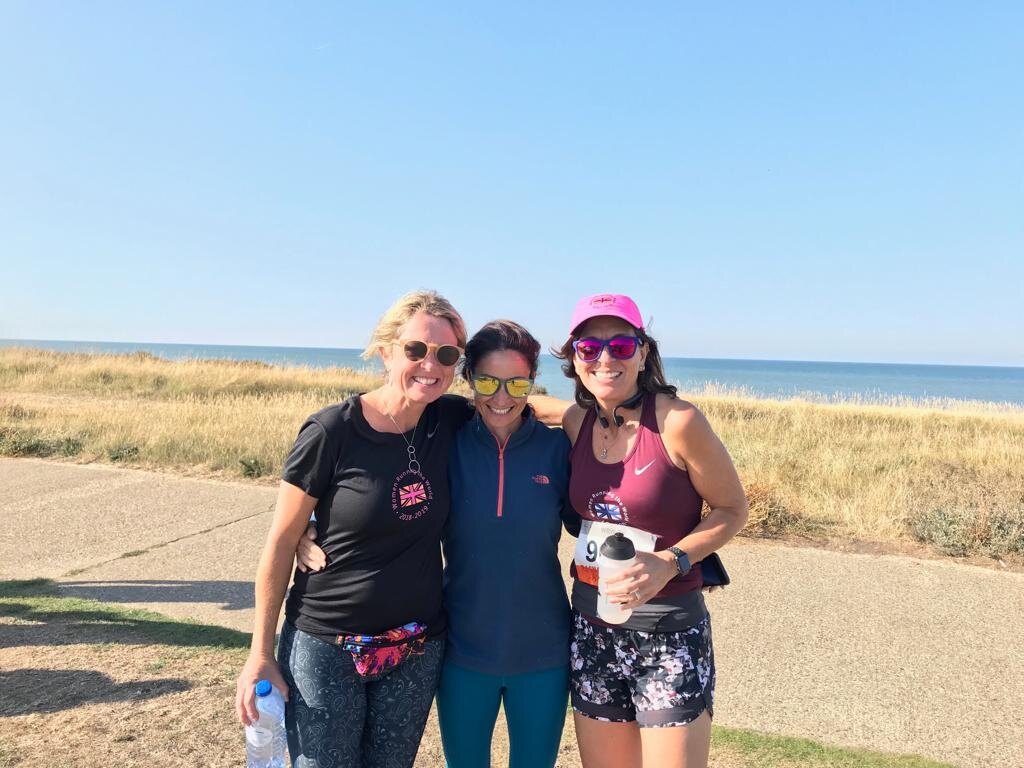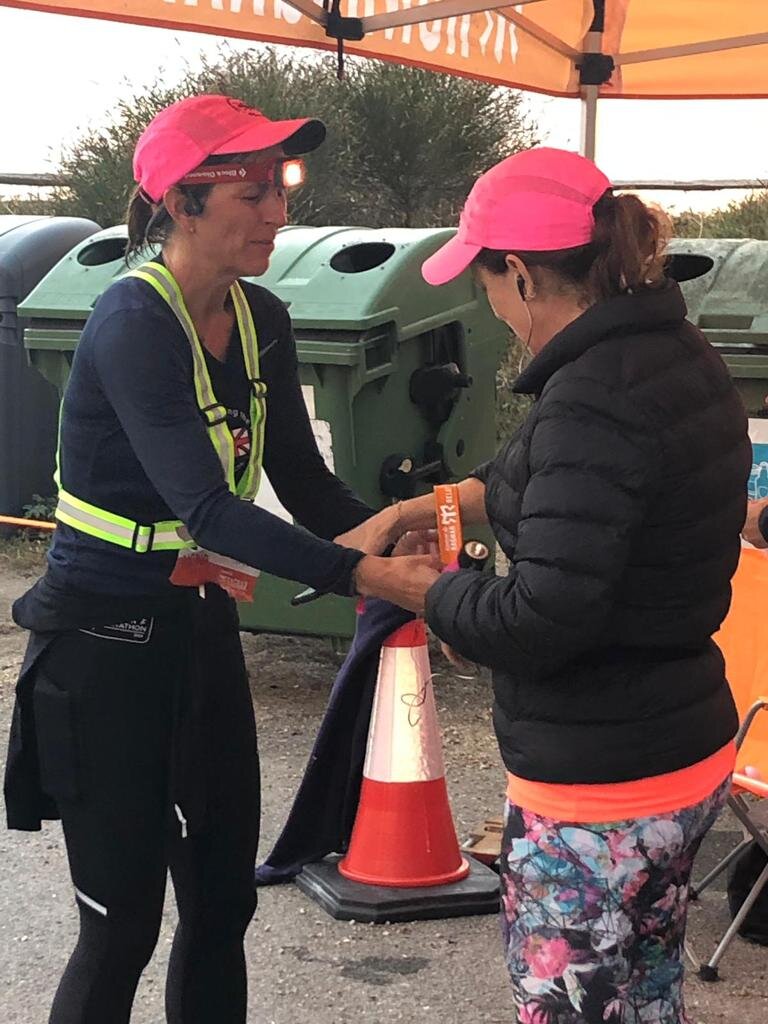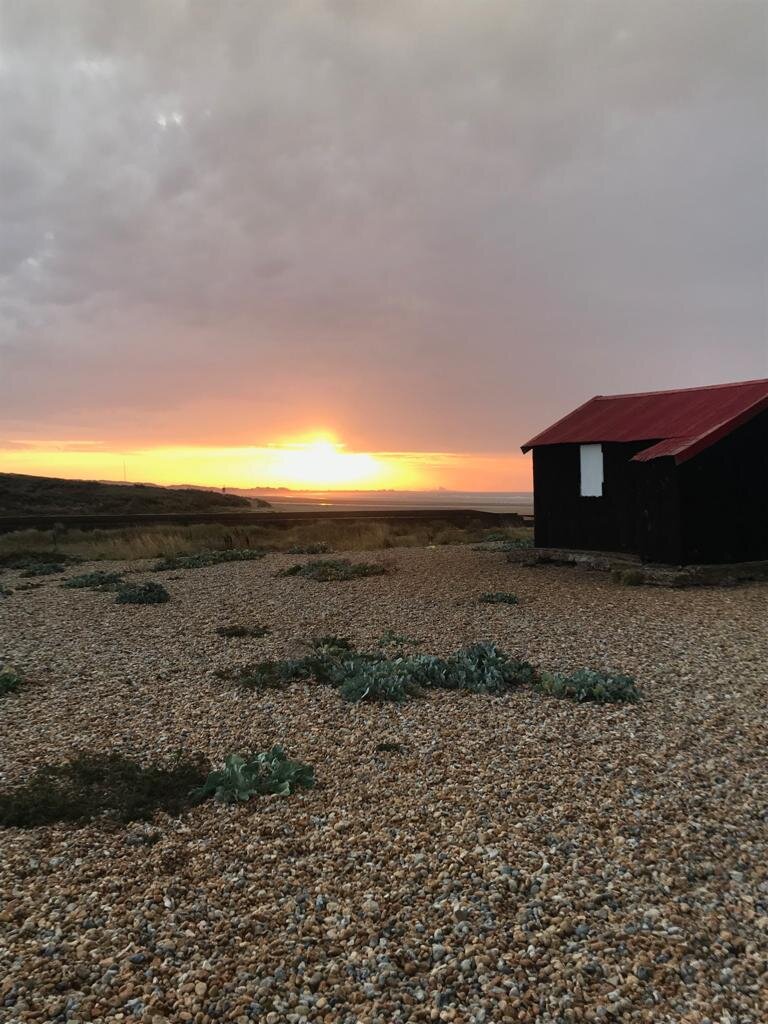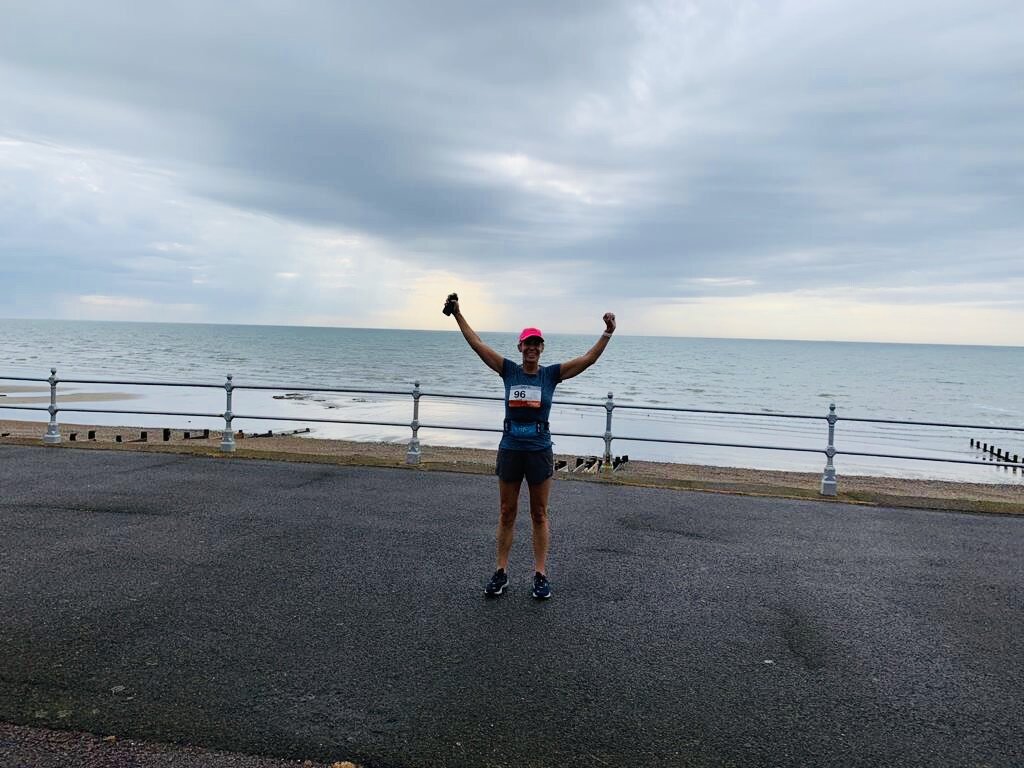We learned this week experts believe people who contract the COVID-19 virus shed high amounts of the virus early on in their infection, often before symptoms, which helps explain why it has spread so quickly. We’re contagious before we know it.
In a similar way, we’ve been sucked into the vortex of the crisis before we notice the symptoms of anxiety developing. In this crazy week when all normalcy has been shed, my journal revealed a gaping ten day hiatus. I wonder if yours - or whatever your journal equivalent of hopeful, connected living - has to? And I wonder if like me - in rapid fire data receiving mode - you were too overwhelmed to tend to the practices you do to stay grounded.
It’s understandable. We’ve needed to stay informed, take action to cancel plans, check in on our elders, upend our routines, and to keep our dry coughs at home (where mine has been since Wednesday.) One of the better explanations for why our anxiety levels are particularly heightened is because this is a crisis that asks us to hold our individual health in one hand (where the risks for most of us are low) and public health in the other hand (where the risks are high) - a complicated tension and no longer virtual reality we can neither click through or scroll by.
We’ve had a lot of information to digest in this last week, but after we’ve done what we are able (this article "Social Distancing: This is Not a Snow Day" was particularly helpful), what next? Will we merely react to and retrench with the next alarming headline or will we be mindful to look not for the silver lining, but the cherry blossoms. To see how this virus will spur new medical and technological innovations, acts of kindness and community care, and lifestyle changes.
New Yorkers are riding their bikes in lieu of taking the subway. An Israeli company is developing washable, reusable masks with embedded antiviral agents. The company Zoom is giving K-12 schools their videoconferencing tools for free. An NBA player donated money to support the hourly arena employees after NBA games were cancelled. An elementary school teacher came up with a clever idea to get her students to wash their hands more often by stamping their hands at the beginning of the day and offering prizes to students who washed enough to get the stamp to fade by the end of the day. Families are playing board games again.
Trials and uncertainty can’t really have a neutral response. When all that is normal is ripped away, it either eventually drives you to despair or deeper trust where creativity and care can flourish. Not in one day but in the trial’s incubation period. We either believe we are living in a world that is falling apart or in a beautiful but imperfect world that is in process. And if the latter, belief is only meaningful if it’s practiced with as much vigilance as washing your hands often and thoroughly.



